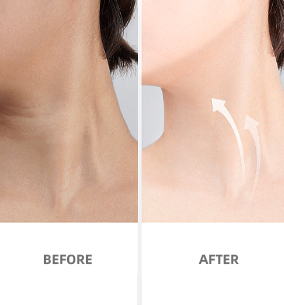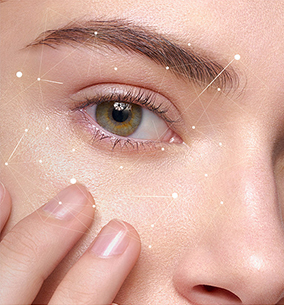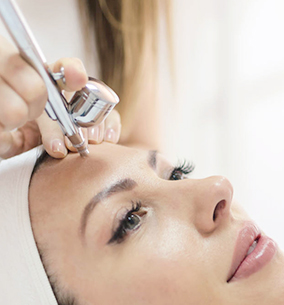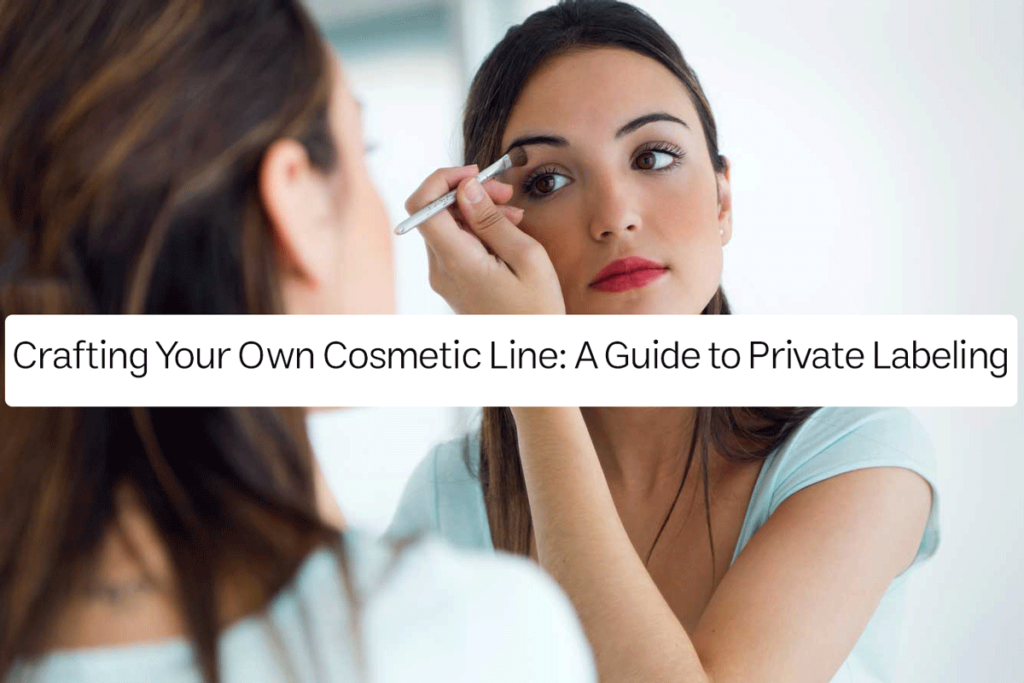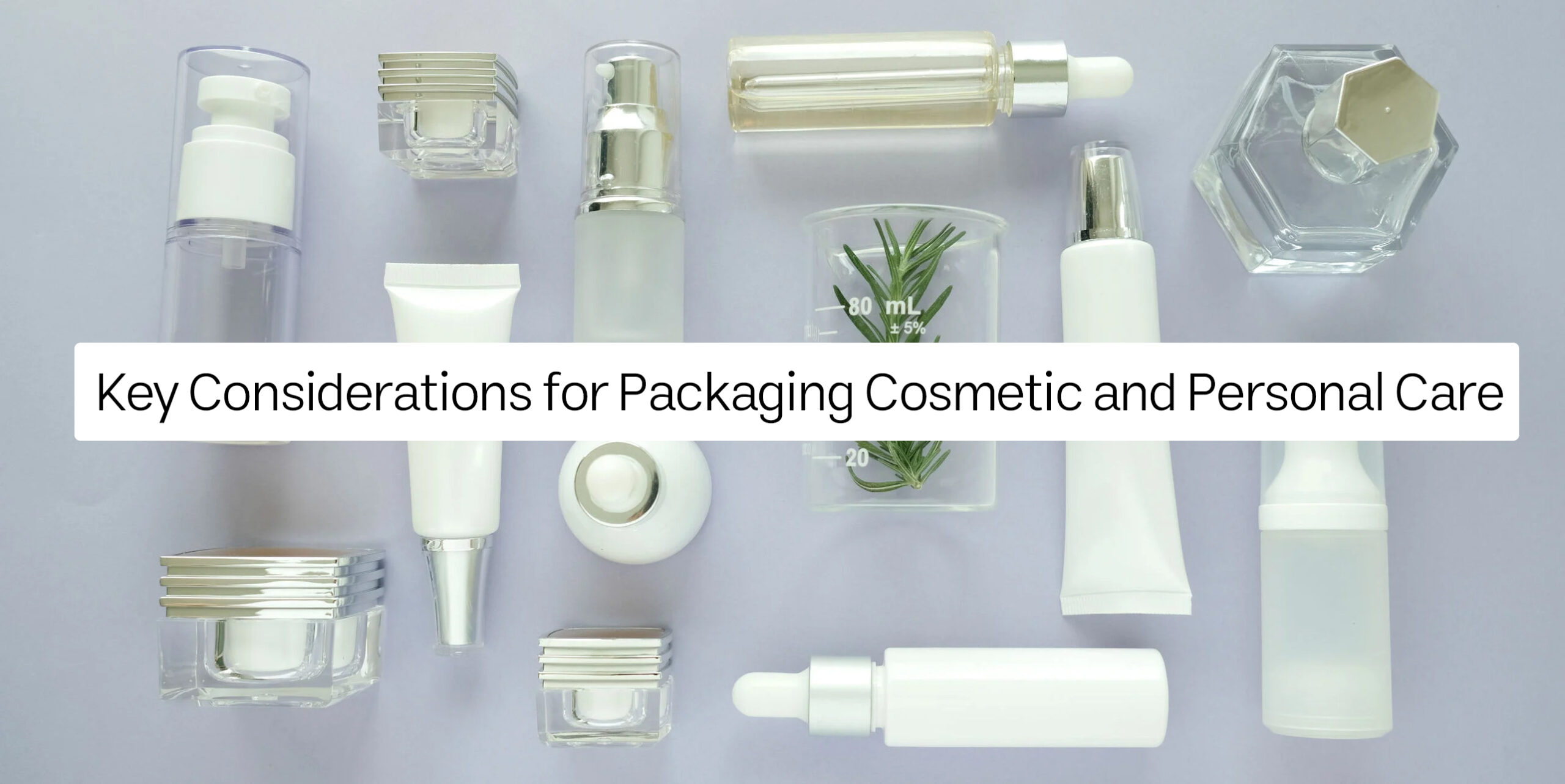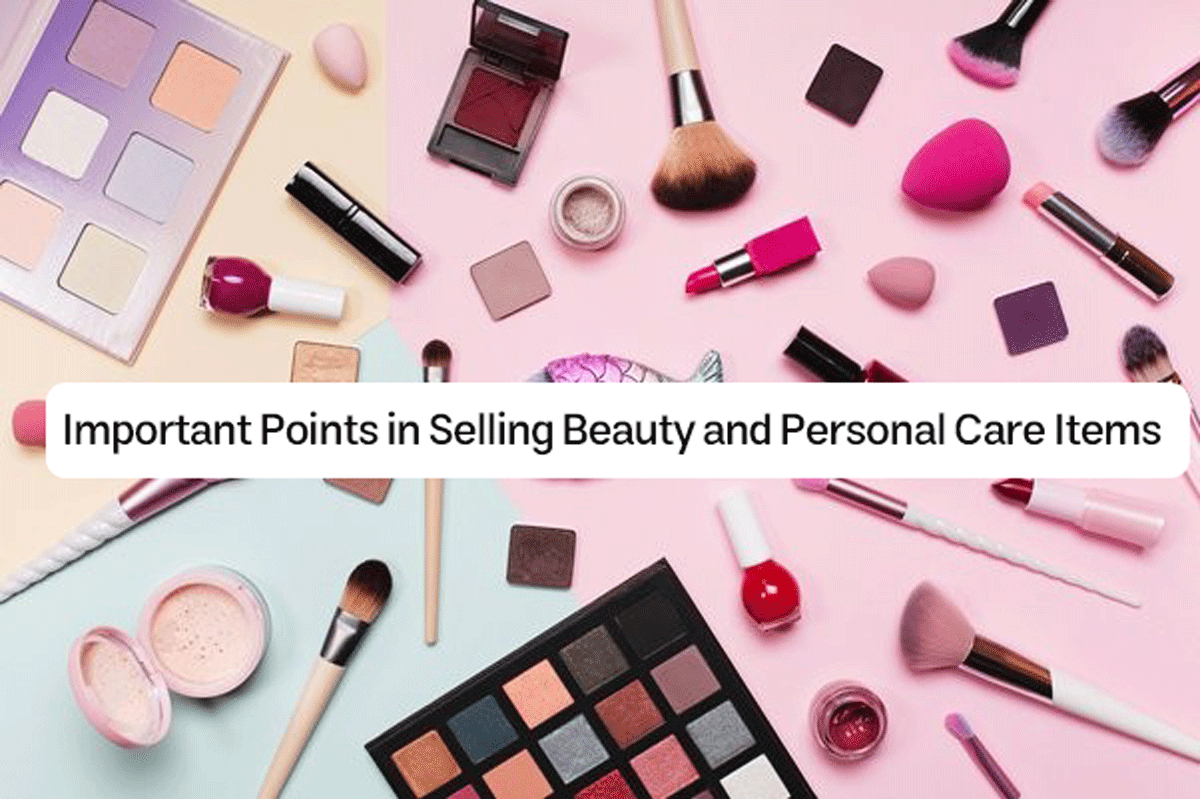Identifying the goals and aims of your business is the first step in starting a cosmetics line. It is crucial to consider who your target market will be and the kinds of items you want to provide. This choice will determine the path of your company, whether you want to develop a line of skincare products, hyaluronic acid moisturizers, deodorants, or whole new product categories. Crafting Your Own Cosmetic Line involves carrying out in-depth market research in order to learn more about current items and spot any holes in the market. You will then have the information necessary to tailor your products so that they meet the needs and preferences of your target market. Follow us for more information about private label cosmetics manufacturing.
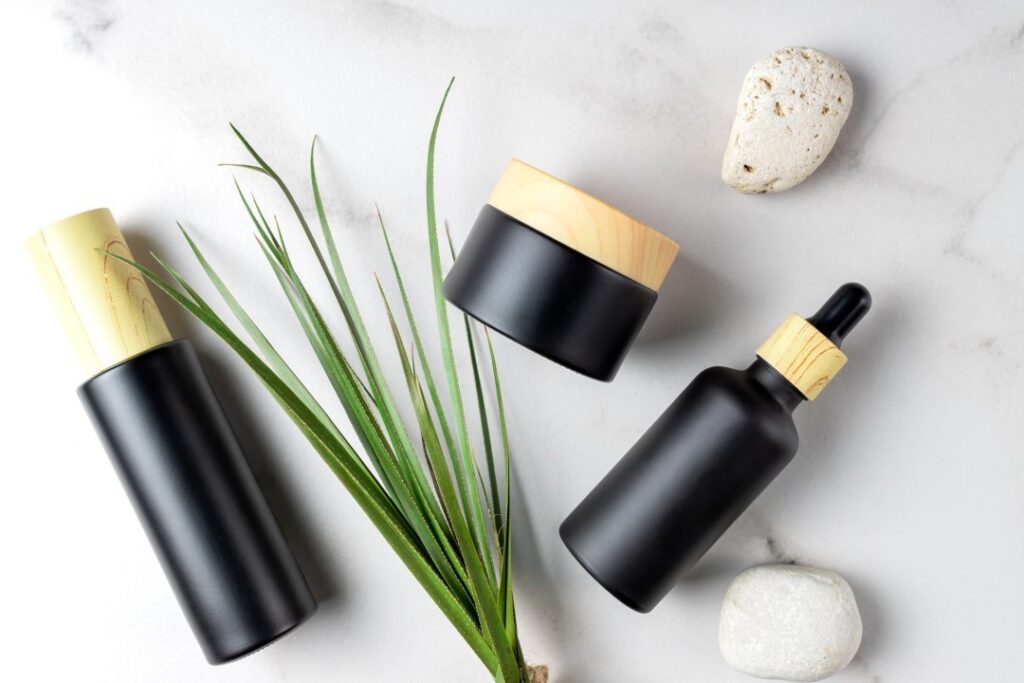
Why Choose Private Labeling for Cosmetics?
Cosmetics products private labeling provide flexible branding, cost-effectiveness, time-saving, quality control, market access, and market accessibility. It enables companies to establish a distinctive brand identity, lower the cost of product development, launch products quickly, guarantee premium quality, reach a larger market, and provide a variety of cosmetics. All things considered, cosmetic products private labeling offers a quick and efficient option to introduce a brand in the cosmetics sector.
Steps to Create Your Own Private Label Cosmetics Line
The process of starting a private-label cosmetics business includes planning and research. Determine the target market, trends, and product gaps. Describe the offerings and brand vision. Locate a manufacturer: Select a reliable manufacturer and talk to them about custom cosmetics labeling, price, volumes, and alternatives. Product Selection and Customization: Add ingredients, fragrances, packaging, and branding to formulas to make them unique. package and branding: Create a logo, name, and design for your package. Legal and Regulatory Compliance: Make sure that safety, labeling, and laws are followed. Production & Manufacturing: Place an order, keep an eye on quality assurance, and make sure it arrives on schedule. Marketing and Distribution: Establish distribution, use channels, and create a marketing plan. Launch and Growth: Carry out the launch strategy, keep an eye on customer input, and develop in response to market needs.
DIY Cosmetics Branding: Mastering Private Label Creation
Planning and Research: Identify the target market, product offers, and brand vision. Product Selection: Select from pre-made formulas or mix your own using premium components. Creating an eye-catching brand name, logo, and packaging design are essential branding components. Labeling and Packaging: Create brand-consistent, compliance labels and packaging. Manufacturing and Production: Produce goods that adhere to quality standards and safety precautions. Marketing and Promotion: Use influencers and internet channels to connect with your target audience. Selling and Distribution: To ensure effective distribution, open an online store or collaborate with merchants. Customer Input and Development: Gather input, make enhancements, and broaden your range of offerings. Developing a distinctive cosmetics brand that spurs development requires mastery of private label design.
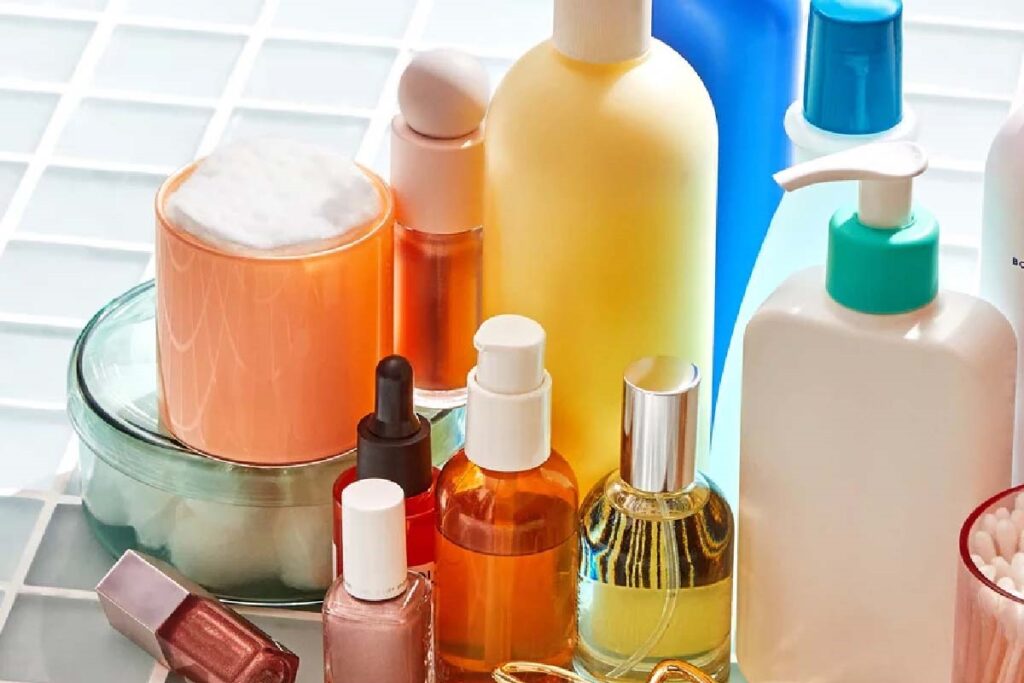
Benefits and Advantages
Brand recognition: make an impression and gain credibility. Differentiation: emphasize special qualities. Emotional Bond: Encourage steadfastness and recurring purchases. Premium Perception: Demand higher rates and draw in affluent clients. Establish Credibility and Trust: Raise a devoted clientele. Crafting Your Own Cosmetic Line involves Expanded Product Line: Develop inside the environment of your brand. Competitive advantage: Make an impression and draw in like-minded clients. Partnerships and Brand Extensions: Take your brand into new areas and form alliances. Convert consumers into brand evangelists through brand advocacy. Strong cosmetics branding provides advocacy, premium perception, distinctiveness, connection, extended line, advantage, and extensions in addition to recognition and trust.
Market Trends and Opportunities
Expanding Market: As the cosmetics market expands, there will be plenty of opportunity for new companies. E-commerce Expansion: Using internet channels to reach a larger consumer base. Target underdeveloped markets with particular tastes by focusing on niche and specialized markets. International Expansion: Modify branding tactics to appeal to regional markets throughout the world. Ethical consumerism and sustainability: Take advantage of the expanding sustainable beauty industry. Influencer marketing: To reach a larger audience, work together with influencers. Custom cosmetics labeling and Personalization: Satisfy the need for individualized cosmetics experiences. Gender-Neutral Products and Male Grooming: Take advantage of the expanding trends in inclusive beauty and male grooming. Cosmetic businesses have the opportunity to grow and develop a strong presence by leveraging these opportunities.
Private Labeling Cosmetics: Your Step-by-Step Handbook
In the process of cosmetics products private labeling, you collaborate with a manufacturer to produce goods under your own name. This comprehensive guide will walk you through every stage of the process, from locating a manufacturer to creating packaging and promoting your goods. For anyone looking to start their own private label cosmetics manufacturing, it’s a great resource.
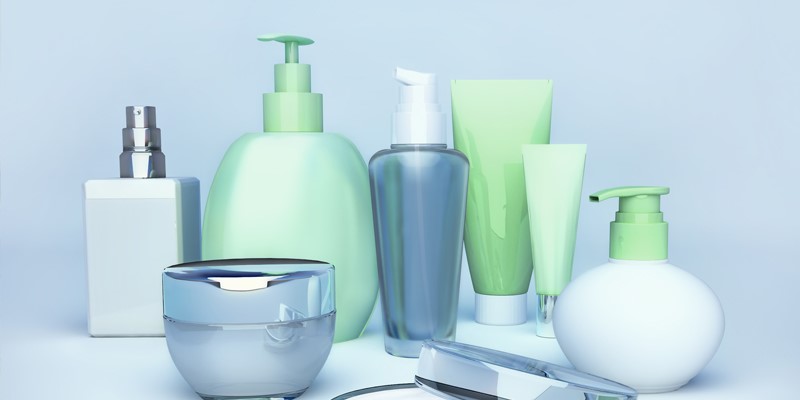
Understanding the Concept of Private Labeling in Cosmetics
In the world of cosmetics, private labeling is the process of hiring a manufacturer to create goods for your company that you can then market under your own name and logo. It enables you to create your own brand identity while utilizing the knowledge and assets of a manufacturer. Gaining knowledge about cosmetic products private labeling will enable you to take advantage of manufacturers’ current capabilities, concentrate on marketing and distribution, and provide your clients with distinctive goods.
Market Research and Product Selection
Finding your target market and specialty is essential before you go on your trip. In order to tailor your goods and marketing techniques to the unique demands and preferences of your prospective clients, you must first understand them. You may set your brand apart and make a name for yourself in a crowded market by concentrating on a certain market niche. Undertaking comprehensive market research is vital to comprehending consumer inclinations and contemporary patterns. This will assist you in creating goods that satisfy their needs, increasing client loyalty and pleasure. Setting attainable goals and creating a business strategy are also critical to the success of your cosmetics enterprise.
Designing Packaging and Labels
Creating labels and packaging is an essential part of product development. It entails designing packaging that is both aesthetically pleasing and useful, representing your brand, and drawing in customers. Take into account things like product information, branding components, packaging materials, and legal needs. Creative labels and packaging improve the consumer experience overall, set your items apart, and increase brand awareness and loyalty.
From Concept to Shelf: The Art of Private Label Cosmetics
Creating your own cosmetics brand is what cosmetics products private label entail. It includes a number of phases, including product formulation, package design, production, and distribution, from concept to shelf. By creating distinctive items under your brand, you may differentiate yourself from the competition and offer chances for customization via the art of cosmetics products private label. Meeting the demands of your target market and effectively launching your private-label cosmetics may be achieved by comprehending the process and collaborating with trustworthy partners.
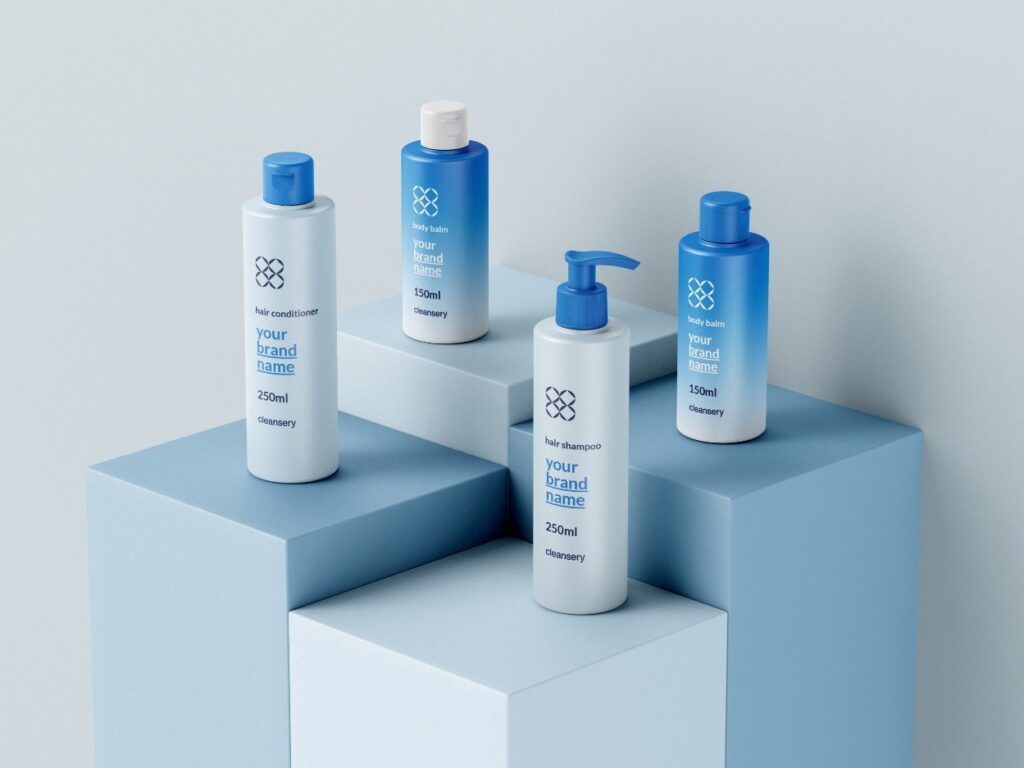
How do I find a reputable private label cosmetics manufacturer?
Finding trustworthy private-label cosmetic producers who are renowned for their high-quality and dependable products requires careful investigation. Seek out producers that have a solid track record, satisfied clients, and a dedication to high production and security standards. Give consideration to quality, ingredients, and certifications while assessing items. Select goods that adhere to regulations and are manufactured using premium, safe ingredients. Depending on the inclinations of your target market, take into account certifications like cruelty-free, organic, or vegan. Customers place a great value on items that are in line with ethical and sustainable methods, which is what this guarantees.
Can I customize the formulas of private label cosmetics?
Yes, private-label cosmetics frequently allow for formula custom cosmetics labeling. You may have formulations customized by a lot of private label cosmetics manufacturers to fit your needs. This might involve altering components, concentrations, or adding specialized additives to produce new formulations. You may further differentiate your items and create a unique selling proposition for your brand by modifying the formulae to fit the particular requirements and preferences of your target market.
Empower Your Brand: Private Labeling in the Cosmetics Industry
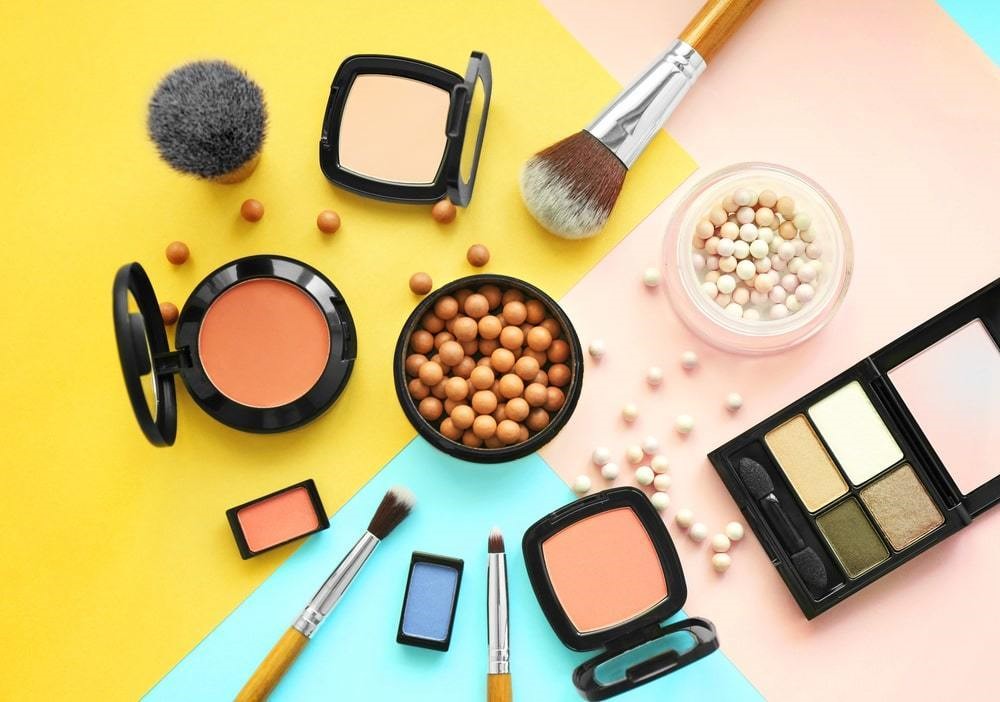
By collaborating with manufacturers that create goods using your name and logo, private labeling in the cosmetics sector enables you to establish your own brand. It gives you the ability to take advantage of their resources and experience while forging a distinct brand in the marketplace. Flexibility, customization choices, and the chance to launch a unique product line are all provided by cosmetic products private labeling. You may have a competitive advantage by entering the cosmetics market with your own brand through private labeling.
Trademark and Intellectual Property Protection
The identity and assets of your brand must be protected, and this requires trademark and intellectual property protection. Your business name, logo, and other distinguishing features can all be registered as trademarks to provide you with legal protection against infringement and unlawful use. This keeps customers from being confused about your brand, helps you build and preserve its reputation, and enables you to take legal action against those who violate your rights. By keeping your original concepts, formulas, designs, or processes safe, intellectual property protection gives you a competitive edge and maintains the value of your brand.
Marketing and Selling Your Private Label Cosmetics
Think about providing your clients with personalization choices to set your business apart from rivals. This may entail giving consumers the option to add their names or unique messages to product labels. Give customers a variety of alternatives to select from, such as various colors, smells, or formulas. Crafting Your Own Cosmetic Line involves generating a unique selling proposition and enhancing the consumer experience by providing personalization. Customers like being able to customize items to fit their needs, and this may strengthen their bond with your business. This degree of customization distinguishes your brand and offers you a market advantage. Because customers experience a feeling of ownership and happiness with their personalized items, it also increases customer satisfaction and promotes repeat purchases.
Building Your Brand Identity
Creating a distinctive and appealing brand identity is essential if you want to stand out in the crowded cosmetics industry. Establish your brand’s objectives, values, and target market first. This will direct your branding choices and facilitate communication with the target audience. Develop a brand name, logo, and slogan that appeal to your target audience in order to gain their confidence and grab their interest. Making a good first impression requires spending money on elegant and well-made product packaging. Make use of premium materials and work with designers to produce packaging that is both aesthetically pleasing and practical. The personality of your brand should be reflected in the packaging, which should also preserve the items and foster a favorable connection to improve the entire consumer experience.
Online and Offline Distribution Channels
The online visibility of your cosmetics products private label business depends on having a polished website or e-commerce store. Product showcases, thorough information, and a flawless buying experience are provided. A well-designed website attracts visitors and increases trustworthiness. Include pertinent keywords in the titles, meta descriptions, and content of your website to improve its search engine optimization. This increases organic traffic and internet presence. Promote your products and brand on social media sites like Facebook, YouTube, and Instagram. To improve brand recognition, customer loyalty, and website traffic, provide interesting material, communicate with your audience, and provide updates.
Promotional Strategies and Marketing Tactics
Creating a thorough marketing plan is necessary to connect with your target market successfully. Integrate online and physical platforms for maximum brand exposure. Make use of search engine marketing, email marketing, social media marketing, and more conventional techniques like print ads and attending local events. Crafting Your Own Cosmetic Line involves utilizing digital marketing strategies like influencer collaborations and content marketing to increase your online visibility. Provide insightful articles on makeup, beauty advice, or product reviews. Partner with beauty bloggers or influencers to market your goods and expand your customer base. Offer loyalty programs, incentives, and promotions to draw in and keep consumers. These rewards stimulate consumer interaction, promote recurring business, and strengthen brand loyalty.
Legal and Regulatory Considerations for Private Label Cosmetics
Ensuring compliance and conducting business lawfully requires a deep awareness of the laws and regulations pertaining to the sale of cosmetics. Learn about the laws that control the cosmetics business on a local, regional, and global level. These laws include things like product testing guidelines, labeling standards, and ingredient limits. Maintaining transparency and safeguarding consumer health require strict adherence to labeling regulations and product safety requirements. Ensure that your products have accurate labels that include comprehensive component lists, easy-to-follow usage guidelines, and pertinent cautions. Maintaining compliance with product safety regulations guarantees the safety and excellence of your cosmetics.
Product Safety and Compliance
Ensuring product safety and compliance is essential for safeguarding consumer welfare and adhering to legal company operations. It entails abiding by rules and guidelines established by authorities, including limitations on ingredients, specifications for labeling, and guidelines for product testing. You can show that you care about customer safety and uphold operational openness by adhering to these rules. To safeguard customers and establish brand confidence, you must use correct ingredient lists, proper labeling, and strict adherence to safety regulations.


